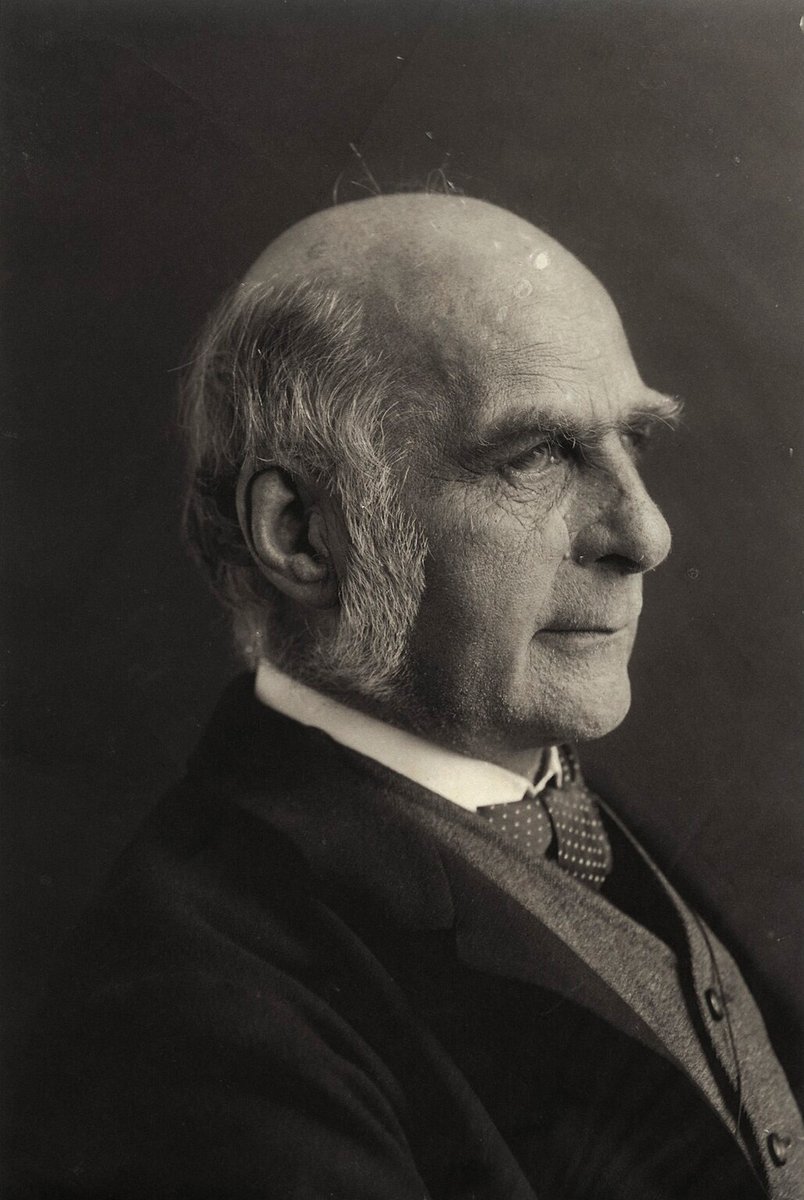
159 years ago today, On the Origin of Species by Charles Darwin was published for the first time. It is, to my mind, the most revolutionary, and the most important book ever written. 

After an epic journey on the Beagle, years of meticulous thought and experimentation, and prompted by Alfred Wallace coming to roughly the same idea, Darwin compiled his thoughts on the radiation of species in this book.
And the process by which the diversification of life on Earth had occurred over generational and geological time.
Darwin was a terrific writer, and conveyed ideas of immense import with some of the finest sentences written in the English language:
There is grandeur in this view of life, with its several powers, having been originally breathed into a few forms or into one...
...and that, whilst this planet has gone cycling on according to the fixed law of gravity, from so simple a beginning endless forms most beautiful and most wonderful have been, and are being, evolved.
He mentions humans only once in the Origin, but turned his eye to our species in the Descant of Man in 1871. It is a book of similar levels of scientific insight, though also contains sentiments and language that we might find unpalatable today.
However, Darwin was liberal for his time, and a vocal abolitionist. Descent also has the most wonderful prose:
...man with all his noble qualities, with sympathy which feels for the most debased, with benevolence which extends not only to other men but to the humblest living creature...
...with his god-like intellect which has penetrated into the movements and constitution of the solar system — with all these exalted powers — Man still bears in his bodily frame the indelible stamp of his lowly origin.
Darwin is, as you might have detected, my intellectual hero, the greatest scientist above all for me, though I am not prone to a hero-worship, hagiography nor a whiggish view of history. All of my books are about his work.
He was not without faults though: his views on women were very much of his age, as @AngelaDSaini addresses so well in her book Inferior.
@AngelaDSaini Nevertheless, Darwin bequeathed us the greatest idea anyone ever had, not by grace, but through hard work, careful thought, experimentation and collaboration.
@AngelaDSaini 'Nothing in Biology Makes Sense Except in the Light of Evolution' - Theodosius Dobzhansky
@AngelaDSaini 'It has often and confidently been asserted, that man's origin can never be known: but ignorance more frequently begets confidence than does knowledge...'
@AngelaDSaini '...it is those who know little, and not those who know much, who so positively assert that this or that problem will never be solved by science.'
@AngelaDSaini Evolution is complex, and adaptation is not the only game in town. Genomics and particularly population genetics have nothing but reinforce and refine Darwin's ideas. But these are fields that require thought and contemplation, and are not glib.
@AngelaDSaini Some contemporary recommended reading:
Human Errors by @nathanlents
Everything by @theAliceRoberts @carlzimmer @edyong209
This is Not a Book about Charles Darwin by @emma_darwin
@Graham_Coop's blog
@matthewcobb's Life's Greatest Secret, and his and Attenborough's Life on Earth
Human Errors by @nathanlents
Everything by @theAliceRoberts @carlzimmer @edyong209
This is Not a Book about Charles Darwin by @emma_darwin
@Graham_Coop's blog
@matthewcobb's Life's Greatest Secret, and his and Attenborough's Life on Earth
And while me and @ProfBrianCox are mucking around, natural selection is arguably the most potent force in the universe, because it enabled us.
If there is life in the rest of the universe, it’s difficult to conceive of another process by which it arose.
On Earth, 4 billion years of continuously contesting entropy. In gambling, the House always wins, but life has been sitting at the table all that time.
That is a Force to be reckoned with. @ProfBrianCox
That is a Force to be reckoned with. @ProfBrianCox
Here’s some of my Darwin (and vanity) #shelfies 



A couple of minor addenda based on comments: The Bible is undoubtedly a great & important book; it is considered true for a minority of living humans, and a tiny minority of all humans who ever lived. Evolution by natural selection is true for all living things for all time.
On Wallace: At Darwin's request, evolution by natural selection was presented with ARW’s work (both were absent) in 1858. Darwin supported ARW during his life, intellectually and financially.
CD had written 1000s of pages on NS by 1857, ARW's letter was 8 pages.
CD had written 1000s of pages on NS by 1857, ARW's letter was 8 pages.
Wallace was a significant player in the development of evolutionary theory, and deserves some credit, which Darwin gave him in his life, and we teach it today. They were not rivals, and Wallace is hardly forgotten. But his role is significantly slighter than CD’s.
One more: epigenetics does not refute evolution by NS at all, but further reinforces it. Epigenetic tagging (CpG) is a phenotype. Transgenerational epigenetics is a long way from convincing in most species, & never been shown to be permanent, which it needs to be to be selected.
• • •
Missing some Tweet in this thread? You can try to
force a refresh








